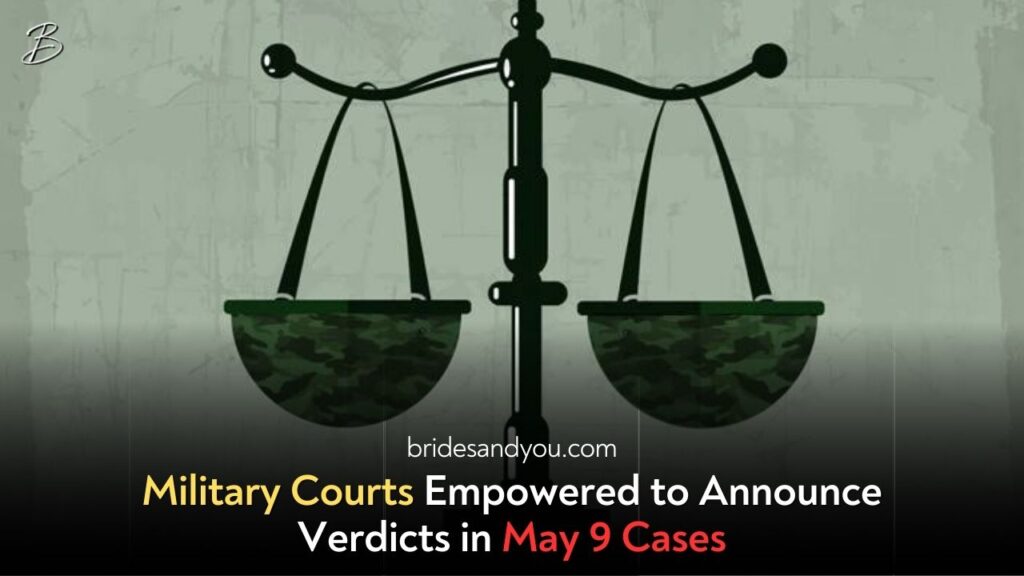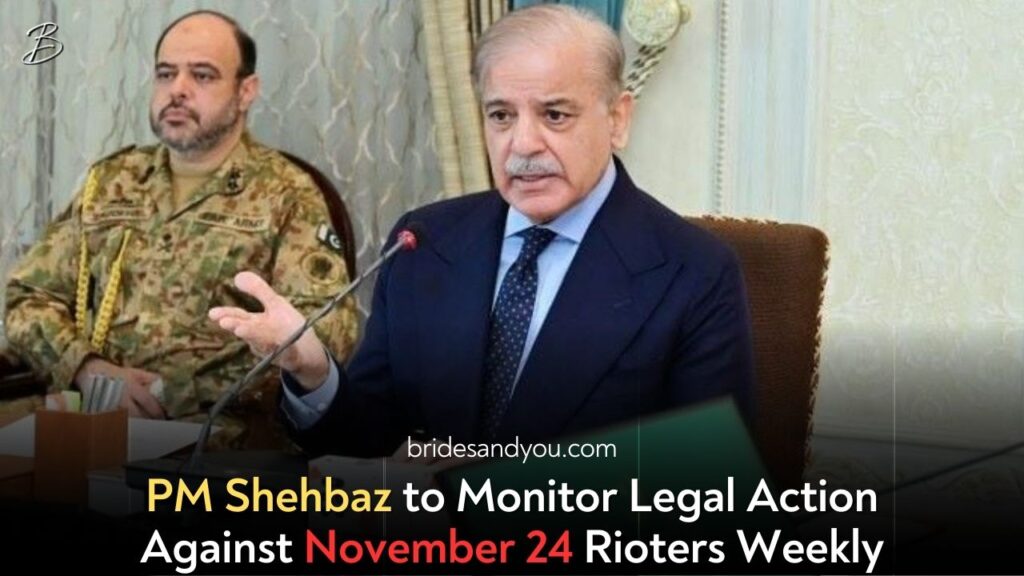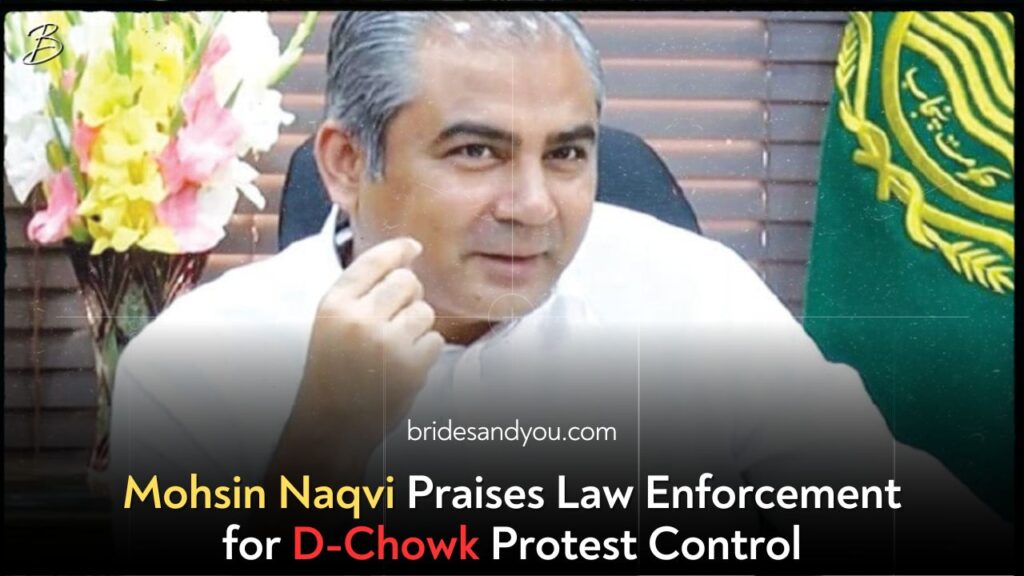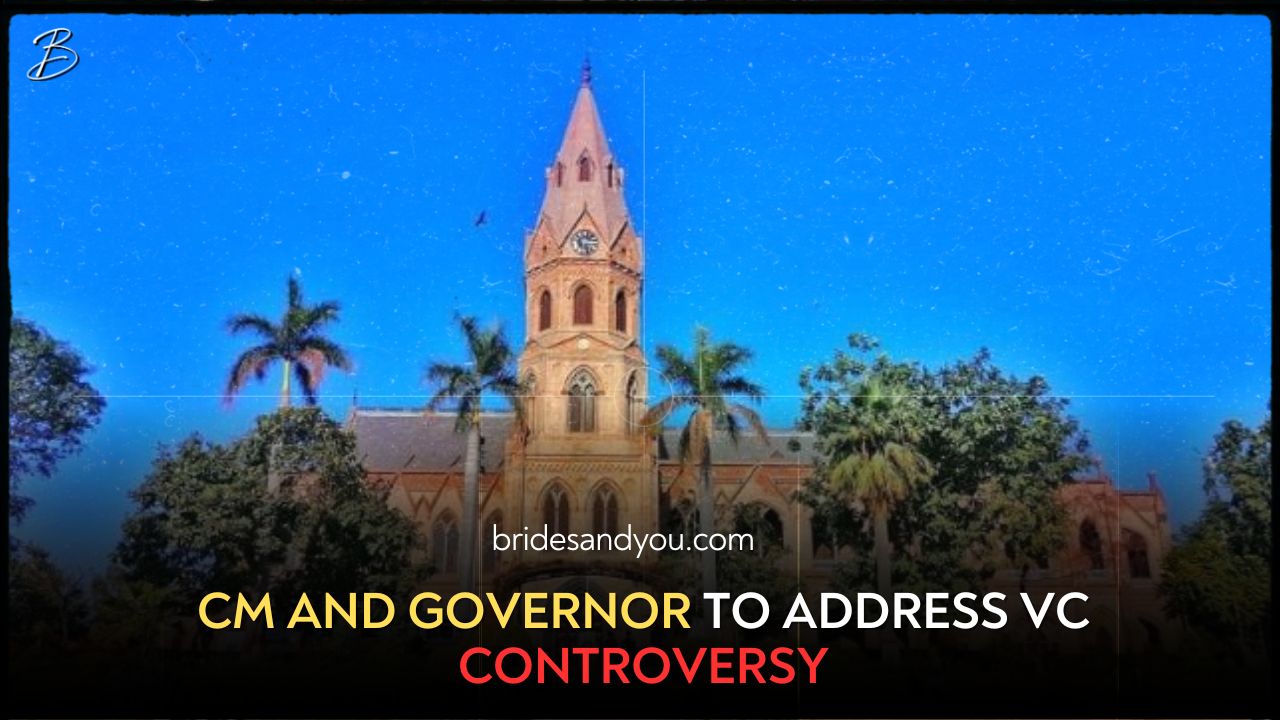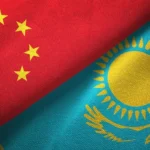Now Reading: SUPREME COURT CRITICIZES ECP FOR FAILING IN ITS ROLE AS “GUARANTOR” OF DEMOCRACY
-
01
SUPREME COURT CRITICIZES ECP FOR FAILING IN ITS ROLE AS “GUARANTOR” OF DEMOCRACY
SUPREME COURT CRITICIZES ECP FOR FAILING IN ITS ROLE AS “GUARANTOR” OF DEMOCRACY
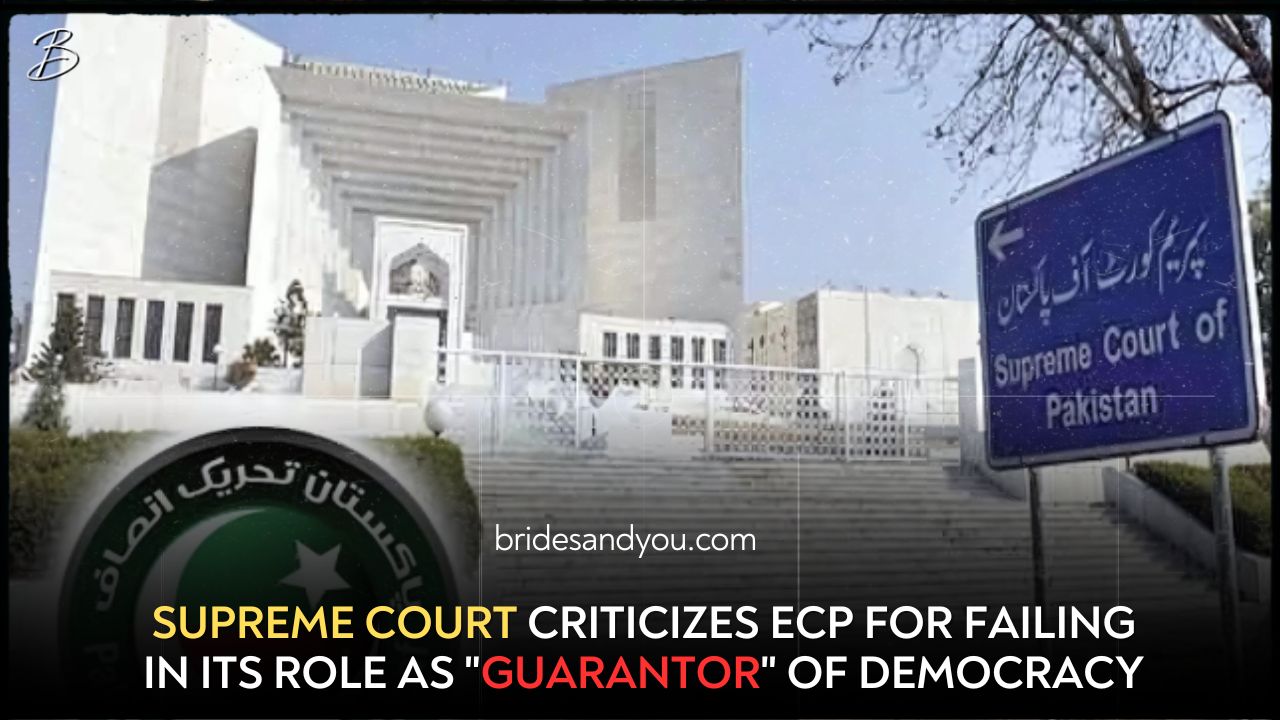
The Supreme Court of Pakistan has issued a detailed 70-page judgment declaring the Election Commission of Pakistan’s (ECP) decision on reserved seats as unconstitutional.
The verdict, authored by Justice Mansoor Ali Shah, overturned a prior ruling by the Peshawar High Court, confirming that the reserved seats should be allocated to the Pakistan Tehreek-e-Insaf (PTI). The decision was reached by an 8-5 majority on a full bench led by Chief Justice Qazi Faez Isa. However, dissenting opinions from Justices Yahya Afridi, Aminuddin Khan, Jamal Khan Mandokhail, and Naeem Akhtar Afghan highlighted the significance of proportional representation.
The judgment stresses that the ECP, as a constitutional “electoral management body,” is not just an administrative entity but a critical “guarantor institution” for democratic processes, with a role comparable to a “fourth branch of government.” The ECP is responsible for ensuring transparency and fairness in elections, essential for maintaining public trust and the legitimacy of elected representatives.
The majority opinion noted that the ECP had failed to fulfill this vital role during the 2024 General Elections. The court criticized the ECP for acting as a primary contesting party rather than an impartial body in the case, stating that its actions contradicted its core duty under Article 218(3) of the Constitution, which mandates the ECP to organize and conduct elections fairly, justly, and in accordance with the law.
The ruling further explained that while the ECP performs some quasi-judicial functions, in cases involving rival political parties, the ECP should not position itself as an aggrieved party if its decision is overturned by a higher court. Instead, the ECP should assist the court impartially, rather than taking on the role of a primary contesting party, as it did in this case.
The court emphasized the importance of electoral justice in preserving public trust in the democratic process. It highlighted that election disputes are not ordinary civil cases but matters of significant public interest, involving the rights of voters, constituencies, and the entire democratic fabric. The judgment asserted that elections should reflect the will of the people, ensuring that no individual assumes public office through breaches of election laws or corrupt practices.
The ruling also touched on the broader implications of electoral integrity and democratic participation. Articles 17(2) and 19 of the Constitution, which protect the right to form political parties and freedom of expression, were discussed in connection to ensuring fair political representation. The judgment pointed out that denying electoral justice undermines the legitimacy of democracy and compromises the rights of both political parties and voters.
The court criticized the ECP for declaring PTI ineligible to obtain its election symbol due to intra-party election issues under Section 215(5) of the Elections Act. The judgment clarified that this decision should not have affected PTI’s other constitutional and statutory rights to function as a political party. The court raised concerns about the ECP’s discretion in rejecting PTI’s certificate of intra-party elections and whether this decision was made justly, given the fundamental rights at stake.
Finally, the court refrained from making a definitive ruling on some issues related to PTI’s intra-party elections, as these matters are currently under review in a separate petition. Justice Muhammad Ali Mazhar, in particular, declined to comment on these issues pending further legal proceedings.

